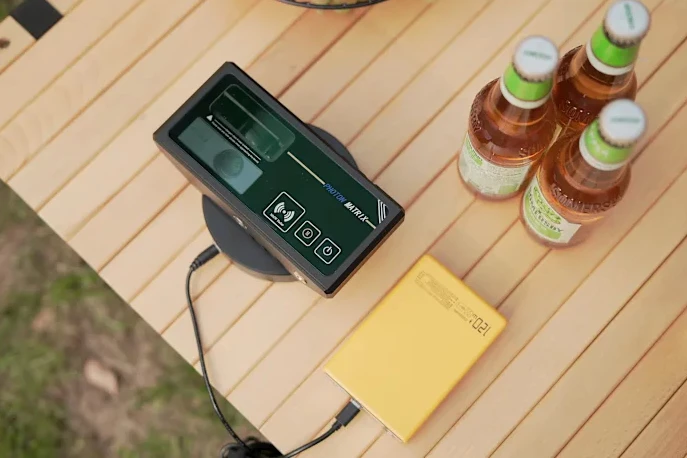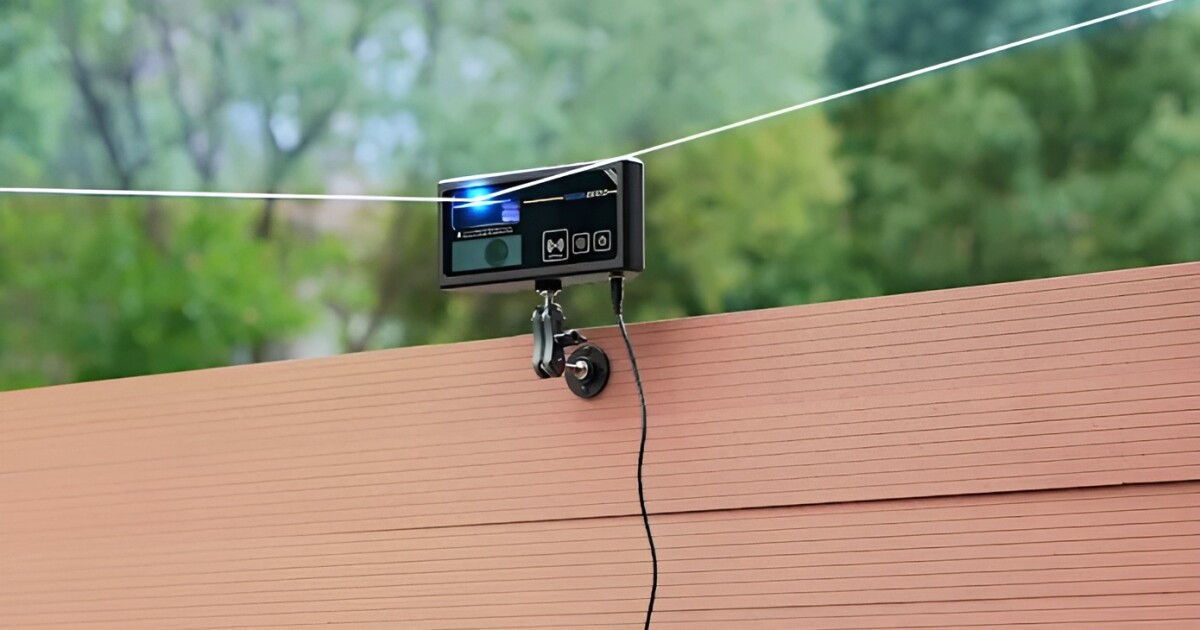Laser device targets mosquitoes with precision
While we may still not have flying cars, robot butlers or food replicators actually in our possession, you can now order something else you may have long dreamt of. It’s called the Photon Matrix, and it uses lasers to track and kill airborne mosquitoes.
Currently the subject of an Indiegogo campaign, the Chinese-designed device is claimed to be capable of detecting a mosquito and gauging its distance, orientation and body size within just 3 milliseconds.
It does so using a LiDAR (light detection and ranging) module which determines the locations of objects by emitting laser light pulses, then measuring how long it takes that laser light to be reflected back by whatever it hits. When a mosquito is detected in this fashion, a second galvanometer-directed laser is instantaneously used to fatally zap the insect.
It should be noted that mosquitoes won’t be detected if they’re flying any faster than 1 meter (3.3 ft) per second. For this reason, the device isn’t ideal for use on speedier pest insects such as houseflies.

The Basic Edition model of the Photon Matrix has a 90-degree, 3-meter (9.8-ft) scanning/killing range, which is boosted to 6 meters (19.7 ft) in the Pro Version. Both models are claimed to be capable of dispatching up to 30 mosquitoes per second. And yes, they even work in pitch-black bedrooms.
Importantly, the device additionally uses millimeter-wave radar to scan its field of view for larger objects such as people and pets. If any of these are detected, its mosquito-zapping laser will not fire.
Power is supplied via a wall outlet, or by an optional rechargeable power bank. One charge of the latter should be good for either eight or 16 hours of use, depending on which of two models is selected.
Mind you, this is not the first time this idea has been promoted. The concept of a laser-based mosquito defence system took off back in 2007, when astrophysicist Lowell Wood (one of the architects of the USA’s famous Reagan-era “Star Wars” missile defence initiative) raised the idea of a smaller, mosquito-targeting laser system at a Bill & Melinda Gates Foundation brainstorming session on eliminating malaria.
Over the following years, prototypes were built, using freely available parts from cell phones and laser printers. A device was patented and demonstrated by a company called Intellectual Ventures, which was more interested in owning the patent than making a product. By 2017, despite a demo at TED, the prototype was still not safe for human eyes.
Perhaps optical tracking, LiDAR and laser targeting systems have evolved considerably since then. The team promoting the Photon Matrix product claims it incorporates “mandatory safety certification requirements into its design,” but it’s unclear exactly what standards it might meet, or whether they’re Chinese or international standards.
And when we say “the team,” we mean one Jim Wong, from Changzhou. There isn’t a company name attached at this stage. This is also Mr. Wong’s first and only Indiegogo project on record, so a healthy dose of skepticism is warranted before you slap a pledge down.
But assuming the Photon Matrix does reach production, a pledge of US$468 will get you a Basic Edition, with $629 required for the Pro Version. The planned retail prices are $697 and $897, respectively. You can see the technology, allegedly in action, in the video below.
Potential backers should note that the device is presently still in functional prototype form. If you’re looking for something that’s already in production, you might want to check out the $339 Bzigo Iris. Although it doesn’t kill mosquitoes, it does use a laser-tracking system to highlight them for easier swatting.
photonmatrix Anti-mosquito air defense
Source: Indiegogo
Editor’s note: This piece was amended on July 3, 2025, to include information about earlier work between 2007-2017, to address safety and compliance concerns, and to point out that this is the team’s first Indiegogo crowdfunding campaign.
New Atlas receives commission when you purchase through our Amazon links

